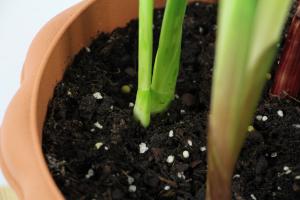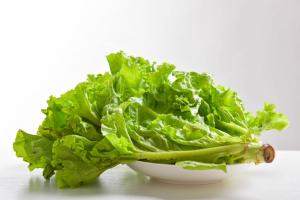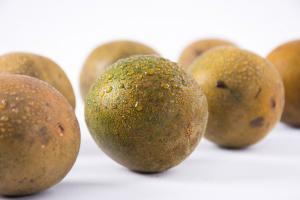Introduction
When it comes to growing plants, the type of soil you use is one of the most important factors to consider. While there are many different types of soils available, clay soil is a common option that many gardeners are curious about. In this article, we will explore whether clay soil is good for growing plants and what factors you should keep in mind when using it.
What is Clay Soil
Clay soil is a type of soil that contains a high percentage of clay particles. Clay is a fine-grained mineral that has a flat surface and a negative electrical charge, which means it can attract and hold onto water and nutrients. This type of soil is usually heavy and dense, which can make it difficult to work with. However, it is also very fertile and can support a wide variety of plants if managed properly.
Benefits of Clay Soil for Plant Growth
There are several benefits of using clay soil for growing plants. One of the most significant advantages is its ability to hold onto water and nutrients. The fine particles in clay soil can attract and retain moisture, which means plants in clay soil are less likely to suffer from drought. Additionally, clay soil is rich in minerals and nutrients, which can help plants grow strong and healthy. Clay soil can also help to improve soil structure over time by binding soil particles together, which can improve aeration and drainage.
Challenges of Using Clay Soil for Plant Growth
While clay soil has many benefits, there are also some challenges to using it for plant growth. One of the most significant challenges is its density, which can make it difficult for plant roots to penetrate. This can lead to shallow root systems and poor plant growth. Additionally, clay soil can become compacted over time, which can reduce water and nutrient uptake. Another challenge is that clay soil can become very heavy and sticky when wet, making it difficult to work with during planting and maintenance.
Tips for Growing Plants in Clay Soil
If you decide to use clay soil for your plants, there are several tips you should follow to ensure their success. First, it is important to add organic matter to the soil to help improve aeration and drainage. This can include compost, leaf mold, or well-rotted manure. Additionally, you may want to consider using raised beds to provide better drainage and aeration. It can also be helpful to avoid heavy foot traffic on clay soil to prevent compaction. Finally, be sure to choose plants that are suited for clay soil, such as roses, daylilies, and clematis.
Conclusion
While clay soil can present some challenges for plant growth, it also has many benefits that make it a viable option for gardeners. By understanding the unique properties of clay soil and taking steps to manage it properly, you can grow a wide range of plants in this type of soil. Whether you are planting a small backyard garden or growing crops on a large farm, clay soil can be a valuable tool in your gardening arsenal.

 how many times do yo...
how many times do yo... how many planted tre...
how many planted tre... how many pine trees ...
how many pine trees ... how many pecan trees...
how many pecan trees... how many plants comp...
how many plants comp... how many plants can ...
how many plants can ... how many plants and ...
how many plants and ... how many pepper plan...
how many pepper plan...






























